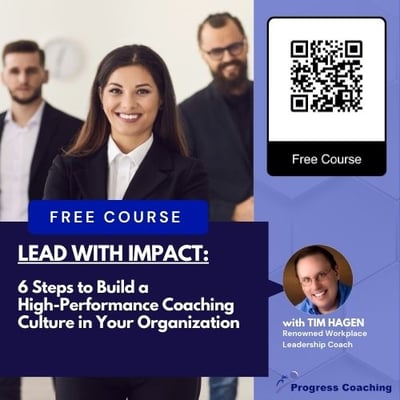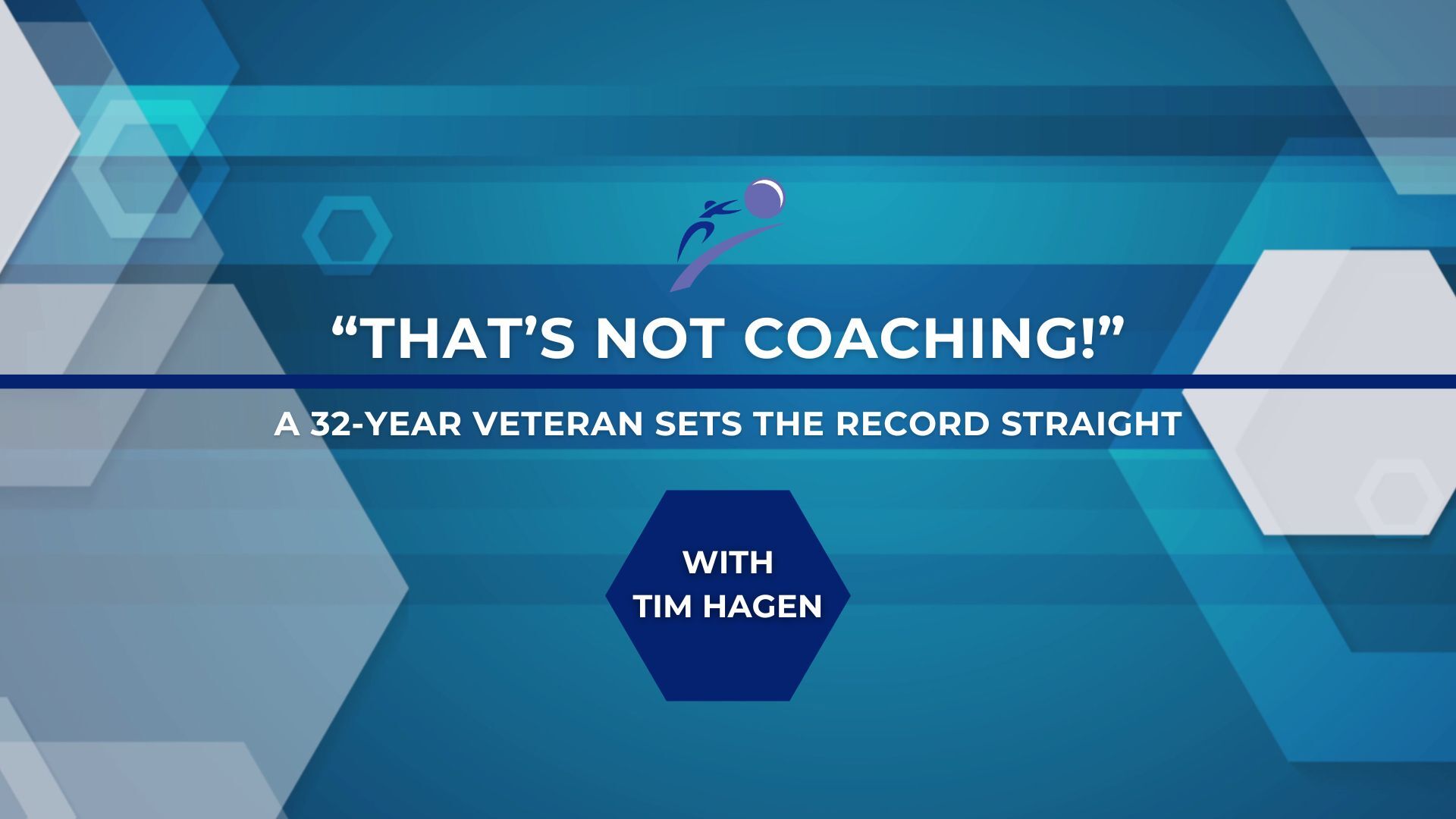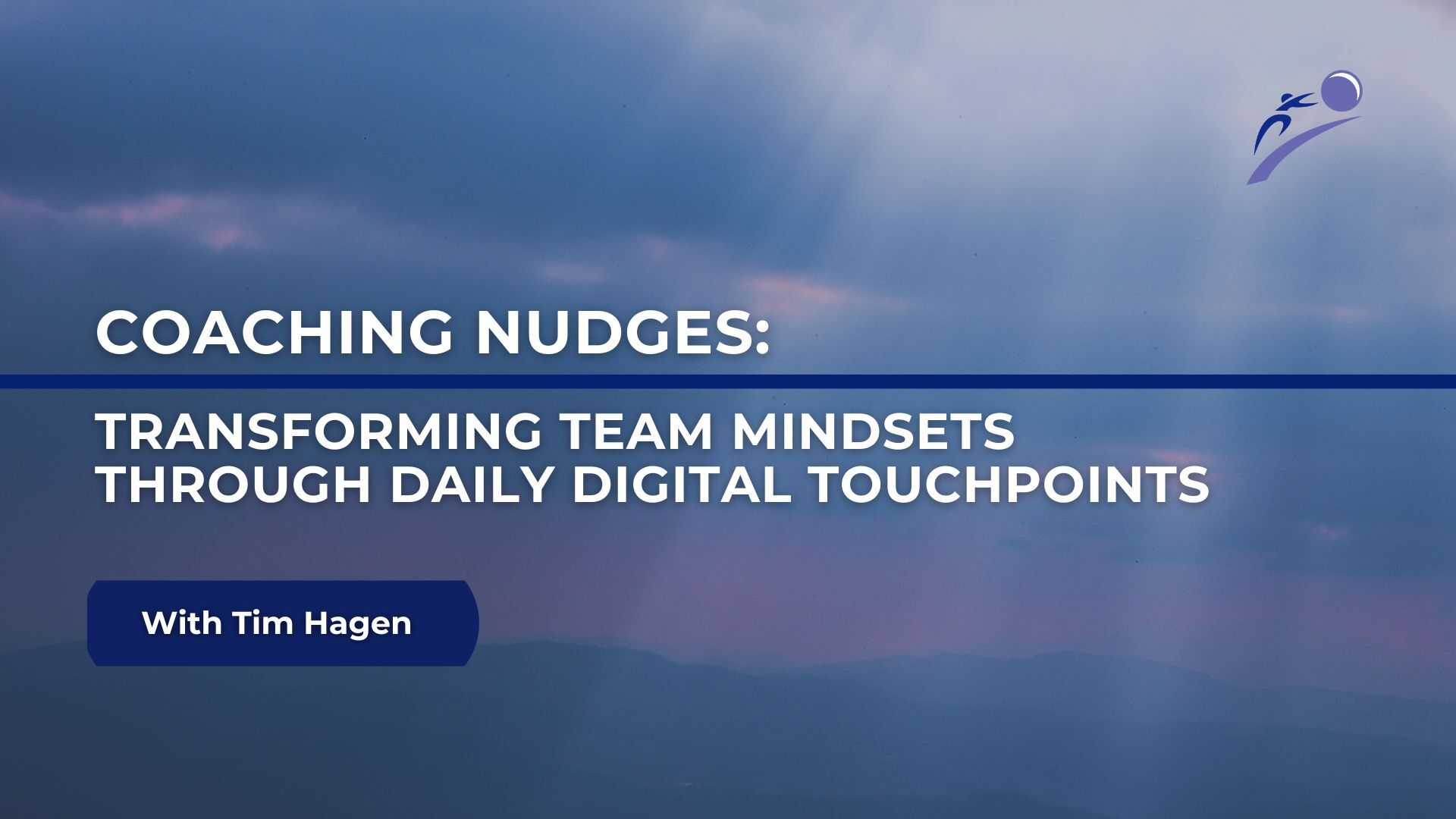Mastering Social Skills and Igniting Motivation for Stronger Relationships and Success
Unlock the keys to stronger relationships and unwavering drive with our deep-dive into emotional intelligence's lesser-sung heroes: social skills and motivation. Navigate social interactions with grace and wield your inner passion like a beacon, guiding you through life's storms toward your most ambitious goals. The art of influence is achieved through intricacies of effective communication, from active listening to conflict resolution. Lastly, the spark of motivation is a relentless engine propelling us toward success.
Inspired by Angela Duckworth's concept of GRIT, we dissect the power of passion and perseverance, challenging common narratives that cause many to abandon their pursuits prematurely. Level up your social capabilities and stoke the fires of your motivation.
The last two tenets of emotional intelligence are social skills and motivation.
Social skills are the ability to facilitate effective interactions in relationships with others. It includes communication, active listening, conflict resolution, teamwork, and influence. People with strong social skills are adept at building and maintaining relationships and also at cooperating with others. Not everybody has those innate social skills. Not everyone picks up on those quickly.
Motivation is the ability to harness emotions to drive and sustain motivation and positive outcomes. The motivation definition for EQ is often very close to what Angela Duckworth talks about in her book, GRIT. In this example, GRIT stands for Guts, Resilience, Intensity, and Tenacity. Yet, in her research, she proclaimed that the #1 determinant of someone's success is GRIT, which is passion and perseverance over a lengthy period of time.
Let's be honest. During setbacks and tough times, we all too often hear people give up. Their initial reaction is to say, "I didn't get that promotion, it's bull*%#*, I'm not going to try again." Then we come up with our own narratives that make us feel good about ourselves in the moment, and we stop pursuing what we need to pursue. We all do it from time to time. We've lost that conviction of going through the murky waters, navigating through the storms. Yet, that's where we build our skills. If everything were a smooth and wonderful day with no conflict, we wouldn't build those skills.
The tough times cultivate us. The challenging times actually reward us.
Think about social skills and motivation in your life. Where do you have an opportunity to go to the next level?
LEARNING PROJECTS TO DEVELOP SOCIAL SKILLS & MOTIVATION:
-
Ask the person you're coaching to write down the four kinds of motivation: intrinsic versus extrinsic, relationship- or independent-driven. Intrinsic is motivated by the job and process, while extrinsic is motivated by upward movement in the job. Relationship-driven prefers teamwork and collaborating, while independent-driven prefer to work alone. Think about these and have them write which of those types apply to them and why.
-
Ask them to return the following week with where they want to end up in their career and what they'd like to be doing more of. What areas do they want to learn more about for their future development? Have them write them down.
-
Ask them to share what steps they can take and are willing to take to do more of the things they like and learn the things they want to learn.
-
Ask them to write down two specific examples of where they felt highly motivated in a task/project/relationship at work and the success they experienced because of it. Identify which of the four types of motivators these examples fit into. Have them write them down and return the following week and share.
-
Ask them to write down one specific example of where they lacked the motivation necessary and the reason why.
-
Ask them to write down any barriers keeping them from feeling motivated to succeed and ways they can help increase their motivation, including specific steps they can take moving forward to make them feel more motivated to feel valued and succeed.
-
Ask the person you're coaching to return the following week with two examples where they demonstrated positive and effective social skills in a professional way and what success they experienced.
-
The following week, ask them to return with one example of where they struggled with social interaction at work and what specific steps they can take moving forward to handle it better. Ask them to include any barriers impacting those abilities and steps they can take to remove or remedy those barriers.
Looking for a quick boost to your coaching and leadership game? We're offering a FREE COURSE to help leaders enhance their coaching abilities with
Lead with Impact: 6 Steps to Building a High-Performance Coaching Culture in Your Organization
This is a 7-day course with video lessons sent to your email throughout the week. You can watch the recorded lessons on your own time at your own pace.
Discover:
-
The best attributes of coaching
-
An efficient framework for coaching
-
The crucial tiers of learning
-
The 3 levels of change
-
The power of questions
-
and more!
Access the free course here: https://upvir.al/156009/lp156009






